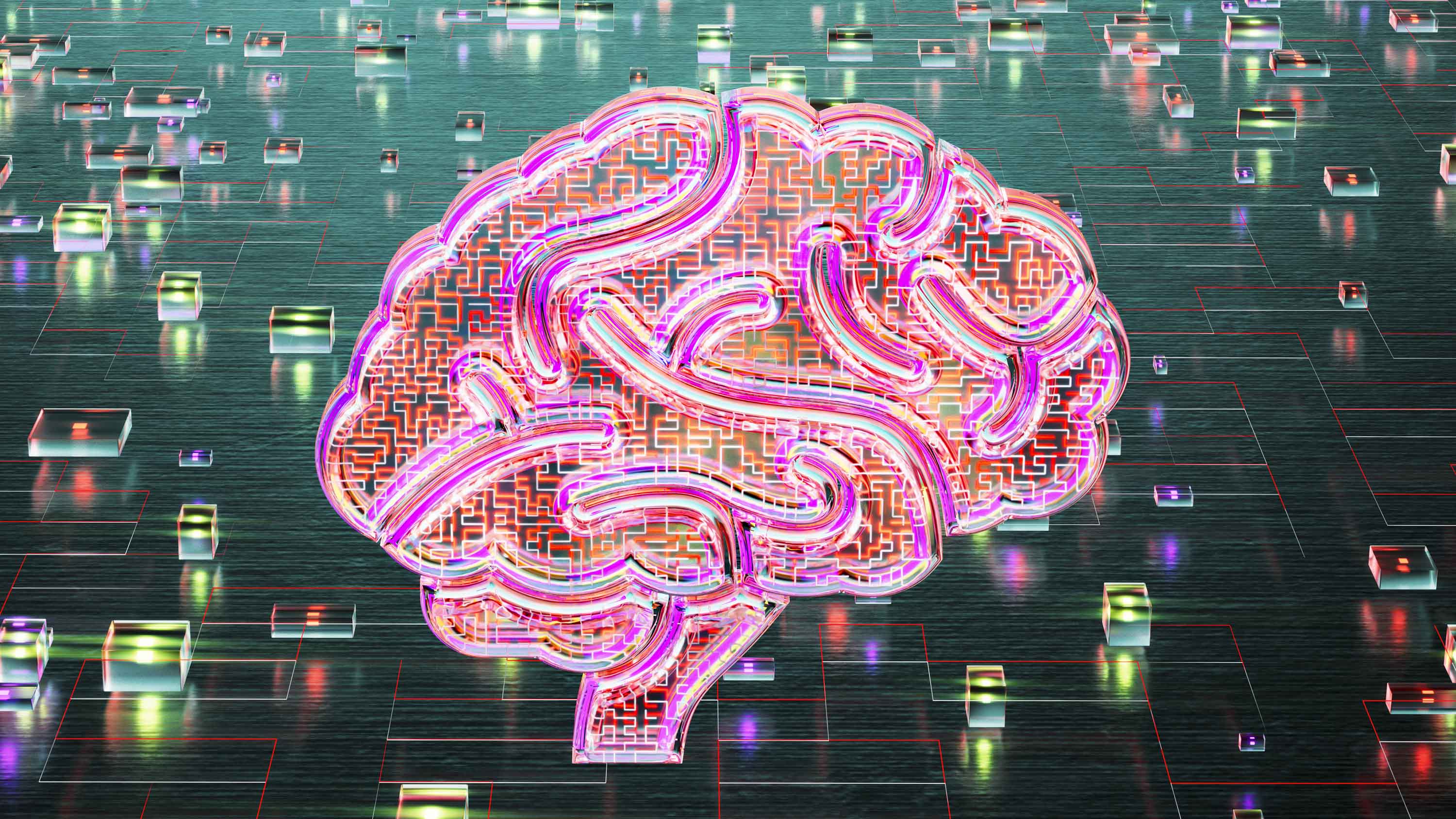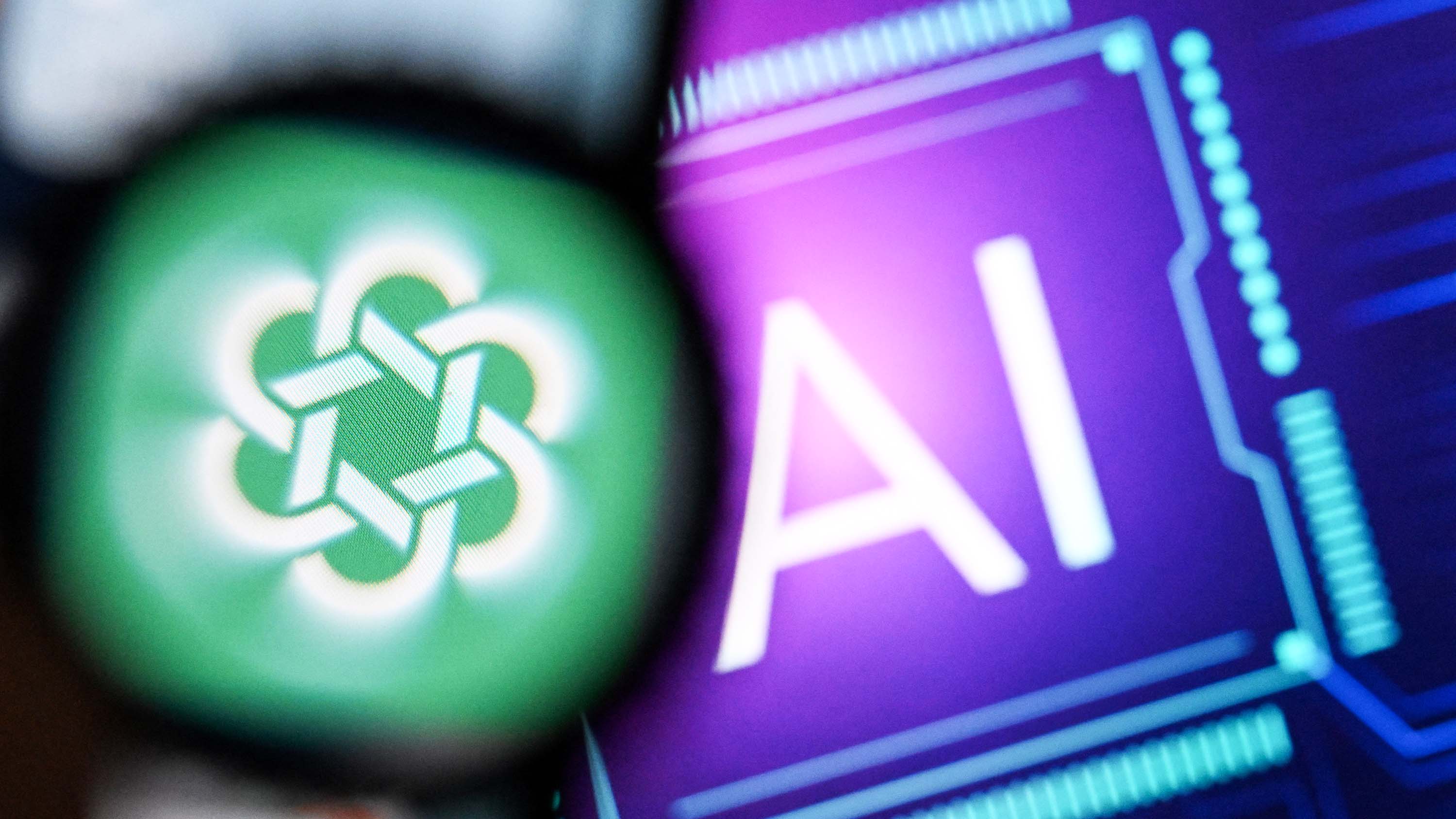
What you need to know
- A new study by the University of Pittsburgh reveals that users can't demystify AI-generated deepfakes from authentic work as AI models become advanced and more sophisticated.
- The study's findings revealed that five poems rated as authentic were AI-generated, and the four poems rated as AI-generated were authentic from seasoned poets like William Shakespeare and Emily Dickinson.
- Participants attributed their preference for AI-generated poems to the work being "more beautiful" and easy to understand.
"Don't trust; verify," co-founder and former X (Twitter) CEO Jack Dorsey warned that it'll increasingly become challenging to demystify deepfakes from reality as generative AI becomes more advanced. "You have to experience it yourself. And you have to learn yourself. This is going to be so critical as we enter this time in the next five years or 10 years because of the way that images are created, deep fakes, and videos; you will not, you will literally not know what is real and what is fake."
This week, multiple reports surfaced online suggesting major AI labs, including OpenAI, Google, and Anthropic, struggle to build advanced AI models because of a lack of high-quality content for training and diminishing returns to their heavy investment in the landscape. However, OpenAI CEO Sam Altman refuted the reports, claiming "there is no wall."
Elsewhere, a new study by the University of Pittsburgh reveals users can't distinguish AI-generated poems from the work of seasoned poets like William Shakespeare and Emily Dickinson. “Over 78 percent of our participants gave higher ratings on average to AI-generated poems than to human-written poems by famous poets.”
The study showed that readers were more inclined toward AI-generated poems because they were "more beautiful" and easy to understand. For context, the study involved approximately 1,600 participants, who were shown different poems (AI-generated and authentic work from poets) and asked to indicate the ones they liked.
Interestingly, AI-generated poems scored higher ratings across multiple qualitative aspects, including rhythm, beauty, and emotional impact. The participants indicated that the AI-generated poems had better rhythm and were more beautiful than authentic poems (via The Rundown AI).
The study reveals that AI is rapidly progressing and improving at handling specific tasks, including text generation. Perhaps more concerning, the participants misconstrued the AI-generated poems as authentic work in 58.5% of the cases and only made the right call 51.7% of the time.
According to study author Dr Brian Porter from the University of Pittsburgh:
“Our results suggest that people cannot identify AI-generated poems, and that they prefer AI-generated poems to human-written poems. In fact, AI-generated poems were more likely to be judged to be human-written than the actual human-written poems were.”
Five poems rated by the participants as least likely to be human were authentic poems curated by seasoned poets, whereas the four rated as most human-like were AI-generated.
Has AI infiltrated the creative art industry?

Earlier this year, a report indicated that AI is on the verge of taking jobs from professionals in the built environment, including architects and interior designers, with the rapid prevalence of image generation tools like OpenAI's ChatGPT and Microsoft Copilot, both powered by DALL-E 3 technology.
However, the theory has critical flaws. AI tools are great at generating sophisticated structural designs in seconds, but they fail at tasks like creating a plain white image.
Elsewhere, a controversial artist who won a painting contest in Colorado claims he's losing millions of dollars from people scrapping his AI-generated work without consent or compensation. Ironically, he'd indicated he wouldn't apologize for winning the context using an AI-generated entry after his fellow competitors complained. "I won, and I didn’t break any rules. This isn’t going to stop. Art is dead, dude. It’s over. AI won. Humans lost."
More recently, an ultra-artistic humanoid AI-powered robot called Ai-Da generated a painting of famous mathematician and computer scientist Alan Turing, which was auctioned at over $1 million. The initial estimated price for the AI-generated painting was between $120,000 and $180,000. After making the sale, the auction house indicated it "marks a moment in the history of modern and contemporary art and reflects the growing intersection between AI technology and the global art market."
🎃The best early Black Friday deals🦃
- 🎮ASUS ROG Ally (Ryzen Z1) | $349.99 at Best Buy (Save $150!)
- 💽Seagate Xbox Series X|S Card (2TB) | $199.99 at Best Buy (Save $160!)
- 📱iPad 9th Generation (64GB) | $199.99 at Best Buy (Save $130!)
- 🎮Xbox Series X (1TB) | $449.99 at Best Buy (Save $50!)
- 🖥️ABS Cyclone Desktop (RTX 4060) | $1,099.99 at Newegg (Save $400!)
- 🕹️Amazon Fire TV + Game Pass Bundle | $74.99 at Amazon (Save $52!)
- 💻HP Victus 15.6 (RTX 3050) | $449.99 at Best Buy (Save $430!)
- 🎮Lenovo Legion Go (Ryzen Z1 Extreme) | $549.99 at Best Buy (Save $150!)
- 📺HP Curved Ultrawide (34-inches) | $349.99 at Best Buy (Save $130!)







